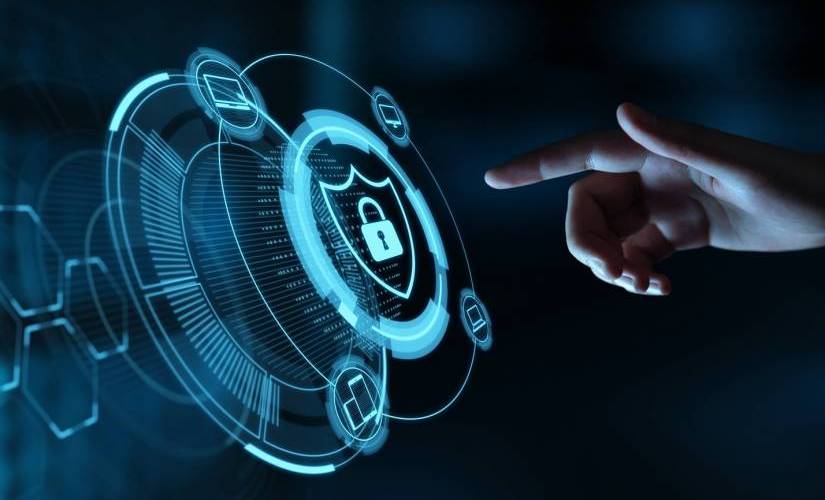The Internet has entrenched into our lives like the oxygen we breathe in the air. We are dependent on it for almost everything from grocery shopping to finding our way on the roads. Not forgetting the daily social interactions, we have on it.
Picture this…
According to the Global Digital 2019 Reports, there has been a steady growth of internet users by an average of more than one million new users every day. Currently, there are more than 4 billion active internet users currently in 2019 – which comprises more than half the world’s population. In addition, globally an average person spends about 6 hours and 42 minutes online every day.
The hyper-connected society: Pros and Cons
The benefits are plenty to be connected both for businesses and individuals.
- Increased productivity
- Hassle-free social interactions
- Last but definitely not the least reduced effect of distance and borders on both communication and finance
What was the disadvantage in this highly connected society? Or rather what was wrong in this super-connected society?
The loophole… this connectedness came with a huge price. And the price was – our personal data like identities, financial information, addresses, and even life events became public or were leaked online.
Read this…
- The company, Purplesec reported that an organization bears about $2.4 million as the cost of malware attacks.
- An investment of $1 trillion in cybersecurity between 2020 and 2025 is predicted by IT analysts in order to rule out malicious cyber threats.
- According to the 2019 Global Risks Report, cyber-attacks contribute about 80% disruption of operation and infrastructure and data theft contributes about 82%.
Do you think there is a link between all these increased rates of cybercrimes and hyper-connectivity? Of course, there is a connection. While the world shrunk with the ever-evolving technology, the cybercriminals became smarter and found out new ways to hack the data. However, as there are two sides of a coin, the emerging technology also helped organizations and individuals to fight for data sovereignty.
But where does Blockchain fits into all this…
Blockchain with its unique features like immutability, decentralization and P2P network is a technology, which will be able to stall growing cybercrimes and prevent financial losses owing to these crimes.
Interested to know more? Keep reading how…
1. Decentralization of data: The main reason hackers had a field day till now is that all the sensitive data was centralized or stored in one place. Blockchain with its unique decentralization feature ensured that all the sensitive data was stored at different computers located in different areas. This data then can only be accessed through a cryptographic key, which is available with the members of that blockchain.
Benefit: Hackers don’t have a single point to steal the data, as it is securely stored on different computers. Symantec reported a huge reduction in cryptojacking by 52% with the help of Blockchain. A huge success to block ransomware to reduce cybercrime.
2. Blockchain makes IoT safe: When cybercriminals attack they target basic devices like routers, cameras, thermostats because these are vulnerable to attacks. According to a Symantec report, about 90% of the cyberattacks are due to infected devices connected by the Internet of Things. However, with Blockchain technology, the information passed through these devices could be stopped on a hint of suspicion.
Benefit: With the creation of a decentralized flow of data, it is nearly impossible for hackers to breakthrough.
3. Private messages are secure with Blockchain: Your data is not safe on either public sites or the other sites where you may login for online socialization. If you regularly tweet at Twitter then remember that even your twitter handles are not safe, as there are malicious software lurking in the corners that steals the information. Love online shopping? Beware as E-Commerce is the most unprotected platform from such malware.
Customers’ preferences, shopping behavior are all extracted from the metadata – that can be stolen. Blockchain by encrypting the messages and securing each node adds a security layer on all the data/information including the ones on different platforms.
Benefit: The decentralization feature of Blockchain ensures that all the information is safe and keeps social media sites connected.
Organizations like IBM have invested about $200 million in Blockchain and about $2.1 billion has been shelled collectively in Blockchain by tech firms globally.
These are some of the ways Blockchain can boost cybersecurity for organizations world over. And if the reports are to be believed then about 75% of the CEOs have prioritized their investments in Blockchain technology, as it has become a revered name in cybersecurity.




